Living with the genie: Responsible use of genAI in content creation
International Telecommunication Union (ITU)
Session 217
Artificial intelligence (AI) has the potential to advance global prosperity by tackling critical issues that align with the United Nations Sustainable Development Goals (SDGs). Novel AI systems are continuously introduced to enhance creativity, innovation and efficiency of content creation and to elevate the overall performance of communications. Generative AI (genAI) is a field in AI that focuses on creating content such as text, images, sound and video. genAI systems also bring a spectrum of risks and challenges specific to content creation. These include the potential for malevolent use of genAI in manipulating or distorting information and images, challenges in safeguarding privacy and protecting personal data and ensuring the integrity of the information disseminated. If not properly managed, these risks could harm the communicator/communicating organization, users and society.
What are the guardrails to put in place and to observe for maximum benefit and minimum harm?
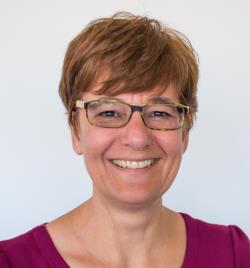
Dedicated to helping improve people's well-being, Monika Gehner walks the talk of leadership, strategy and business optimization. Through her track record in business, humanitarian and development sectors, Monika brings human and business development together. Experienced in crisis emergency risk communications, including as the World Health Organization’s head of its ever-first social media team and communication co-leader of the Fourth Public Health Emergency of International Concern (Covid-19 was 5th), Monika is equipped to deal effectively with complexity, volatility, uncertainty and ambiguity. As Head of Corporate Communications at the United Nations Agency for Digital Technologies, ITU, Monika matches her passion for ethics with emerging technologies, in particular generative AI systems, to spearhead guidelines for their responsible use in content creation. Monika holds a Master's degree in Communications from Wayne State University in the United States and a Master's degree in International Negotiation and Policy-Making from the Graduate Institute in Geneva.
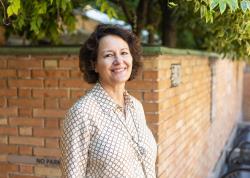
Natalie Domeisen is the co-author of "Living with the Genie: Artificial Intelligence in Content Creation for Small Businesses in Trade." Digital and GenAI-powered solutions have been part of her toolkit to deliver multilingual publishing, printing, video and communications services. She has led teams in strategic communications, flagship publishing and high-profile events during her long career at the International Trade Centre and other United Nations organizations. She also worked for the World Economic Forum and World Learning Inc., the experiential learning organization that trains the US Peace Corps. She has an MA in International Relations and Economics from the Johns Hopkins School of Advanced International Studies.
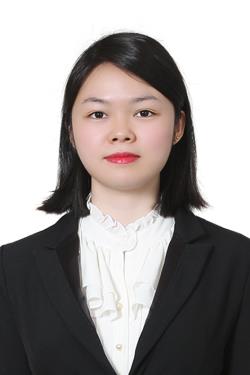
Linh Tong is currently the Deputy Director of the Center for Education Promotion and Empowerment of Women (CEPEW) and a member of the ITU’s Youth Advisory Board. She is committed to promoting inclusive governance of digital technology by engaging vulnerable groups like ethnic minorities, people with disabilities, youth, and women leaders. Linh has actively promoted applications of AI tools in enhancing Vietnamese citizens’ access to information and public services. She is working on a report discussing importance of protecting cultural/linguistic diversity and gender equality in the design and development of AI systems and tools in Vietnam. She also served as a country researcher for the Global Index on Responsible AI: https://global-index.ai/
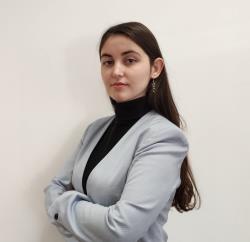
Roser Almenar is currently the Co-Lead of the “AI and Space Law” Research Group, hosted by the Space Law and Policy Project Group of the Space Generation Advisory Council (SGAC), and contributes as a research member to the Working Group on “Balancing Innovation and Responsibility: International Recommendations for AI Regulation in Space”, under the auspices of the International Institute of Space Law (IISL). Her research lines focus on the discipline of Space Law and Policy (dealing with remote sensing technologies, AI, and data protection, among others), and the impact of technological advances in the protection of human rights, from both a public and private perspective. She also serves as a member of the ITU Secretary-General’s Youth Advisory Board, representing Europe. Roser holds a LLB in Law in a high-performance group by the University of Valencia (Spain), and a LLM in International Law by the Complutense University of Madrid (Spain).
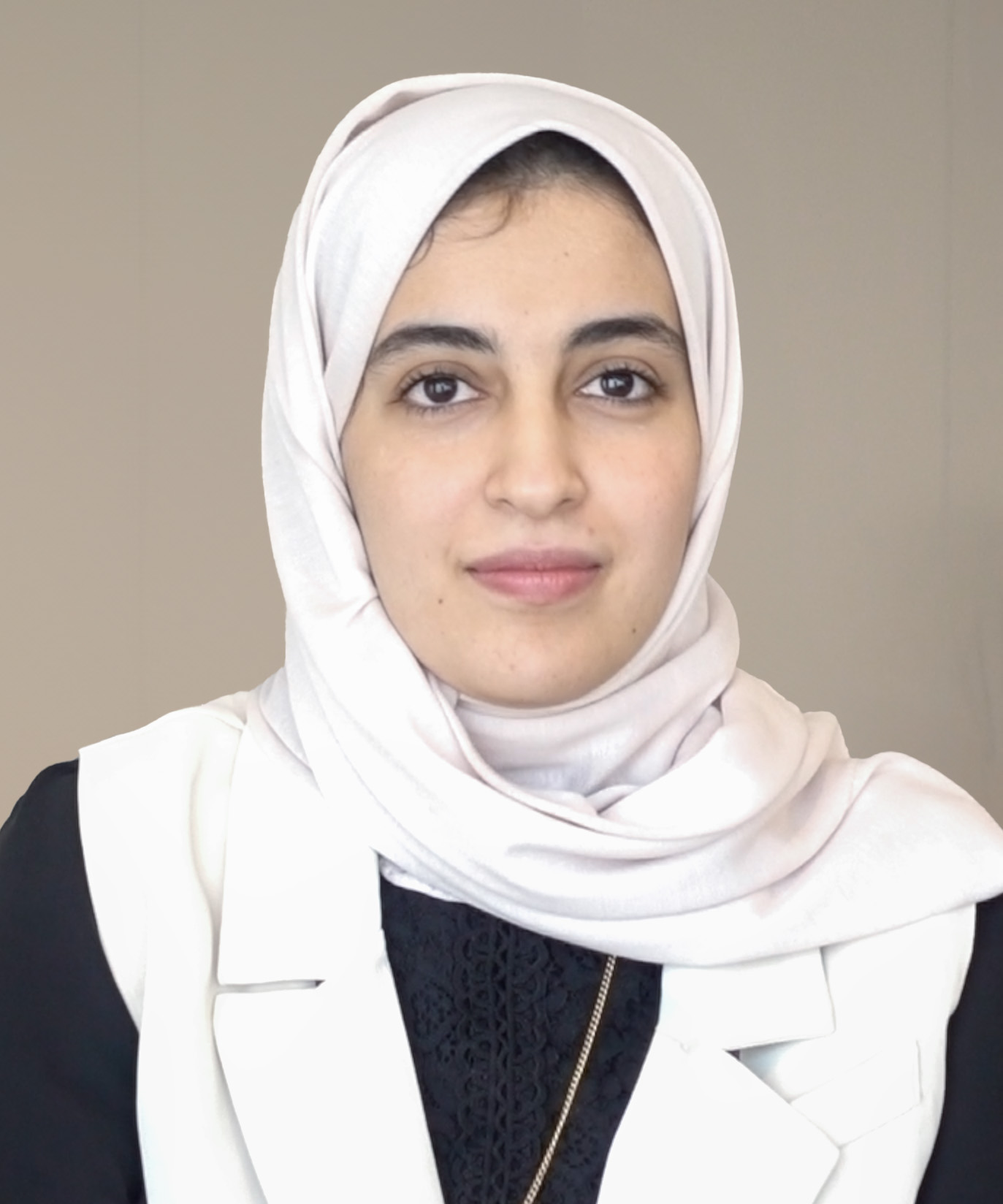.jpg?maxwidth=250)
Halima Ismail is an AI data scientist and part-time lecturer. She recently joined the Telecommunication Directorate in the Ministry of Transportation and Telecommunications. With a focus on responsible coding, she teaches ways to avoid bias in AI input and output. Halima is deeply committed to advancing Internet technology, and governance, with a particular interest in ensuring fair and ethical AI applications, including in healthcare.
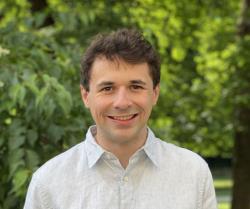
Blaise Robert is the lead on Artificial Intelligence in the Innovation Team at the International Committee of the Red Cross (ICRC), Geneva, Switzerland. He manages a portfolio of R&D and pilot initiatives that explore the application of AI to further the ICRC’s humanitarian mandate. Bridging the gap between policy and technical teams, he contributes to shaping a responsible, cross-organization approach to AI adoption. Blaise holds a PhD in medical sciences from Harvard University and a MSc. in optical engineering from the Swiss Federal Institute of Technology (EPFL) in Lausanne, Switzerland.
-
 C3. Access to information and knowledge
C3. Access to information and knowledge
-
 C4. Capacity building
C4. Capacity building
-
 C5. Building confidence and security in use of ICTs
C5. Building confidence and security in use of ICTs
-
 C10. Ethical dimensions of the Information Society
C10. Ethical dimensions of the Information Society